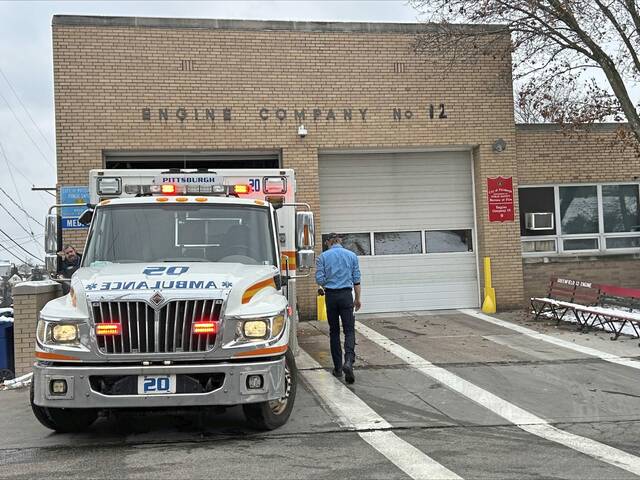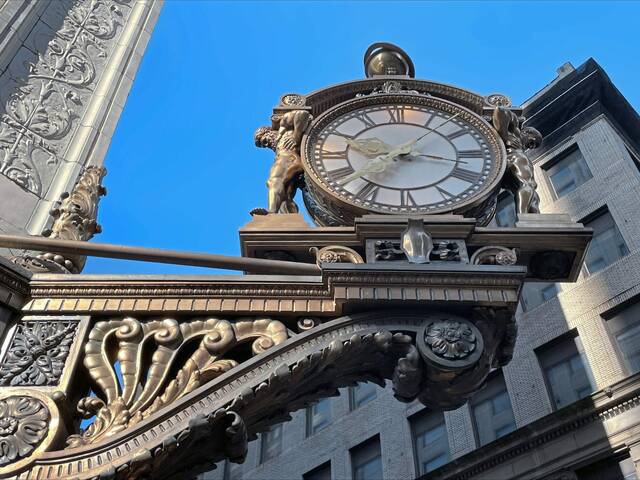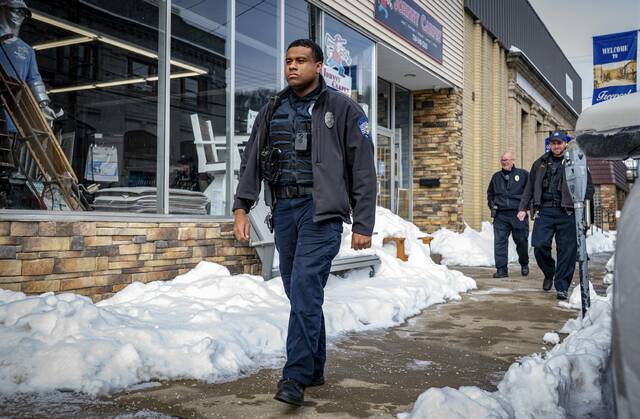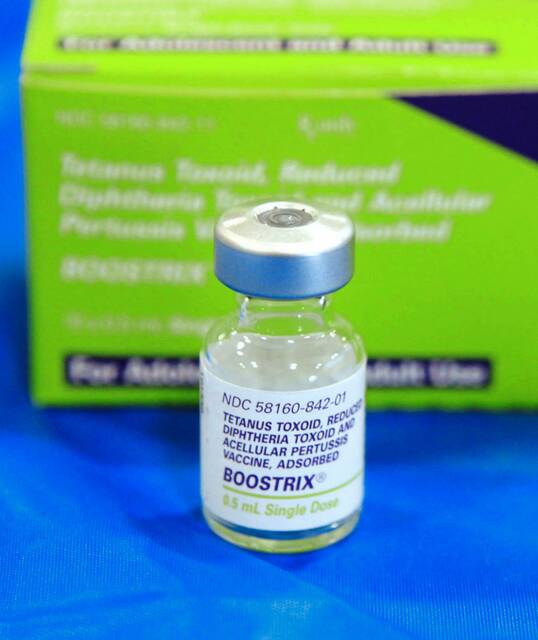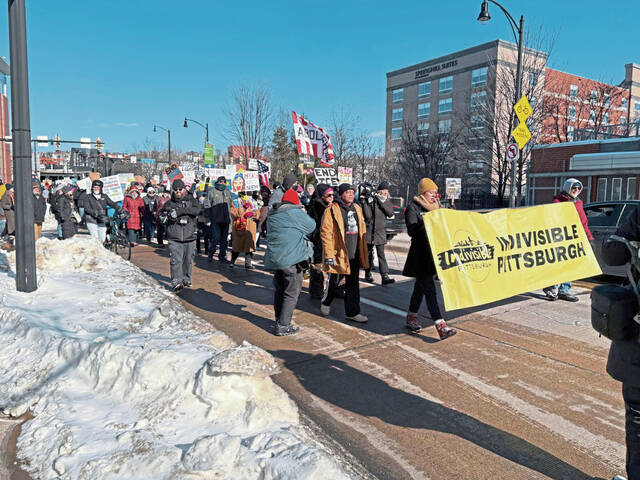The total population of senior citizens is 55.8 million, according to the U.S. Census Bureau.
Of that, 1.3 million are in nursing homes. That’s about 2.3%.
Maybe that doesn’t seem like a lot, but the issue is it’s a moving target.
For some people, a stay in a nursing home is brief. It’s recovery and therapy in the wake of a heart attack. It’s rehabilitation after a broken hip. Those people spend a few weeks or months and then go home.
Others are in nursing homes because of end-of-life issues. They live with dementia or terminal illness or just the natural ending of a life. Their loved ones might not be able to provide the support required. Sometimes, they have outlived their family members.
Regardless of the small number, it is a number that could include any senior citizen at some period.
That’s why we need them. And there aren’t enough.
According to the National Institutes of Health, the number of available nursing home beds in the U.S. fell by 86.4% from 2011 to 2019. Worse, the number of quality beds in 4- or 5-star institutions dropped while those in lesser homes increased.
Now there are concerns the impact of the “One Big Beautiful Bill” on Medicaid could make that worse. The nonpartisan Congressional Budget Office estimates 11.8 million people could be left uninsured and $1 trillion could disappear from Medicaid funding over the next nine years.
That could have a devastating impact on nursing homes. Medicaid pays for almost two-thirds of nursing home patients.
“What we have learned certainly throughout the covid-19 pandemic is that, if one part of the health care continuum falters, the entire system falters,” said Zach Shamberg, president and CEO of the Pennsylvania Health Care Association.
The callback to the pandemic is apt because of the impact on nursing homes. The long-term care community already suffers from problems with reimbursement rates and shortfalls in nursing staff. The pandemic complicated that, with some homes becoming epicenters for outbreaks and exposing other problems.
When there are problems at nursing homes, our most vulnerable individuals are put at risk.
With our population aging every day, the number of people who could be in those nursing homes rises. If Medicaid pays for those nursing homes, and the Congressional Budget Office is right about the number of people who lose coverage and the amount of money that will not go to Medicaid, what happens to the patients? What happens to the nursing homes?
And, when we or our family members become part of the 2.3% of the elderly population who need nursing home care, what happens to us?



